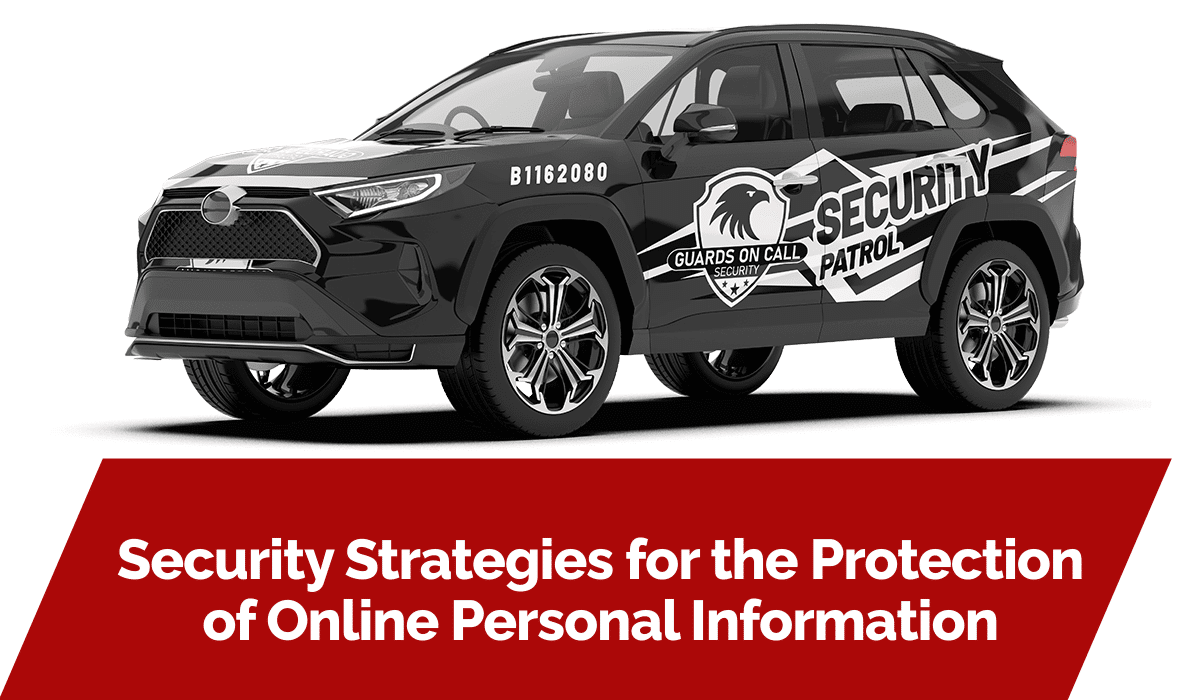In an era where the internet is an indispensable aspect of our daily lives, online safety and security of personal information is paramount. Each year, millions of people fall victim to online fraud, identity theft, and other cybercrimes as a result of inadequate online security measures. This article aims to elaborate on practical security strategies for the protection of personal information online.
Understanding the Importance of Online Security
What you do online, the websites you visit, the files you download, and the transactions you make, all bring potential security risks. Personal data such as your full name, address, financial details, and other confidential information can be misused if they land in the wrong hands. Hence, it’s essential to understand and implement robust security measures for your online activities.
Use Strong and Unique Passwords
One fundamental way to protect your online information is through the use of robust and unique passwords. Passwords should not be easily predictable and should consist of a blend of upper and lower case letters, numbers, and symbols. Furthermore, it is advised to have different passwords for different accounts to avoid a single point of failure.
Two-Factor Authentication (2FA)
Two-factor or multi-factor authentication provides an additional layer of security. This process requires users to authenticate themselves in two distinct ways – password input, and a separate unique code sent via email or mobile number. Thus, even if attackers get hold of the password, they can’t access the account without the unique code.
Spotting Phishing Scams
Phishing scams are fraudulent attempts to gather sensitive information like usernames, passwords, and credit card details by disguising oneself as a trustworthy entity in digital communication. Always double-check emails, especially those prompting for personal or financial information.
Safe Online Shopping
When shopping online, stick to reputable websites that use secure protocols (HTTPS). Check for the ‘lock’ symbol in the URL bar to ensure the site encrypts data. Also, avoid sharing personal financial information over public or unsecured Wi-Fi networks.
Install Regular Software Updates
- Many software updates contain improvements to security features. Regular updates can help protect your devices from latest threats.
- Turn on auto-update settings on your devices and applications to get the latest security patches.
Use of VPN
Virtual Private Networks (VPNs) help protect your online identity by creating an encrypted tunnel for your data to pass through, making it difficult for cybercriminals to intercept and misuse it.
Frequently Asked Questions
Q: Is it necessary to have different passwords for different accounts?
A: Yes. Utilizing different passwords for separate accounts can prevent a breach on one account from affecting others.
Q: How can I protect myself from phishing scams?
A: Be wary of suspicious emails and messages, particularly those asking for personal information. Avoid clicking on unverified links.
Conclusion
To conclude, having knowledge about potential online threats and using protective measures can significantly reduce the chances of becoming a victim of cybercrime. Remember, in the realm of online security, it’s always better to be safe than sorry!


